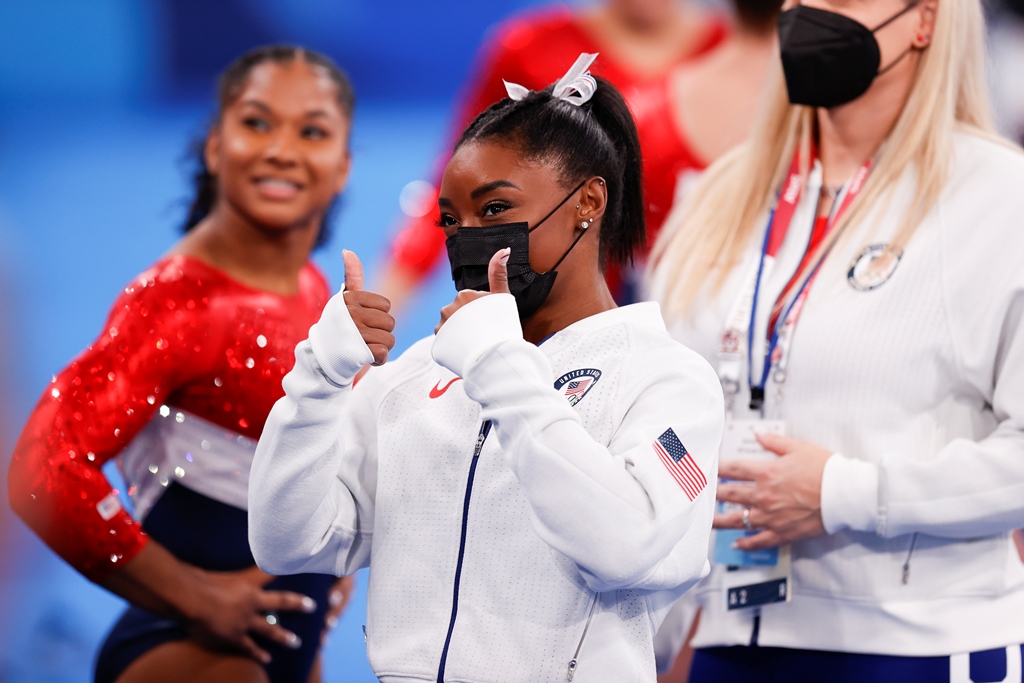Matt Damon, The Inscrutable Everyman



When I was figuring out the lineup for today’s content yesterday, I was originally planning to use these new photos of Matt Damon in New York promoting Stillwater to talk about his thoughts on Bennifer. When asked at the Stillwater premiere about Bennifer 2021, Matt told Extra (via PEOPLE) that, “I'm just so happy for him. "He's the best. He deserves every happiness in the world. I'm glad for both of them."
Same, Matt. Same. We are all glad for both of them…and us.
But that was before I read David Marchese’s new profile of Matt in The New York Times Magazine, “the enduring career of the megastar no one really knows”. It’s an interesting thesis – David Marchese’s positing that Matt Damon is a wholesome “everyman”, that the image he’s maintained during the course of his 25-year career, is that he’s just a regular, relatable dude. He’s the “second dibs” dude, something that comes up in this interview, with Matt talking about how so many of his roles came about because others had passed: Brad Pitt, Tom Cruise, Leonardo DiCaprio. I mean… Matt Damon is an instantly recognisable face and name. Nobody is out here talking about him like he’s “second dibs”, like he’s James Marsden in The Notebook. Still, that “second dibs” thing, or at least that “second dibs” attitude, is part of that humble “everyman” persona, a persona that has served him on and offscreen.
Onscreen, as David Marchese points out, he can use it to his advantage in his performances, sometimes subtly subverting people’s expectations. Jason Bourne is a great example. One of the reasons why Jason Bourne is a great spy is because he’s the “everyman” you wouldn’t expect to be a spy. Offscreen, well, Matt Damon the Movie Star almost prefers that you see him as the “everyman” so that he can hide whatever complications he has underneath those assumptions. Which is another layer to that appeal – isn’t that the essence of the white male American movie star? He’s famous but he could be one of us. The equivalent on the female side of his would be Jennifer Aniston.
But then again, as David Marchese points out, audiences determine appeal, and what’s appealing has been shifting. The culture is shifting. It’s mentioned in the piece that Matt, on a few occasions over the last few years, has been caught flatfooted in these cultural shifts. At the time, his explanations were pretty basic. Now he refers to himself as “tone-deaf” and talks about his “blind spots”.
“Looking back on this misjudgment, Damon said that the best piece of advice he got at the time came from an old Cambridge friend who told him to focus on listening to the criticisms rather than responding. “It was wise,” said Damon. “I did listen, and once I got out of my defensive crouch. ... ” He paused. “I really started to understand what it was I said that people took exception with.”
But this is where that “everyman” advantage kicks in. Because so many people can see themselves in Matt, even his mistakes become relatable, so there are layers and layers to his “everyman” benefits. His “everyman” image, juxtaposed with his best friend’s decidedly NOT “everyman” image is a benefit too. And there’s a whole section in this piece that compares and contrasts Matt and Ben and their seemingly different approaches to fame that reinforces the idea that Matt is the “one of us” movie star, despite the fact that in some ways, especially in the celebrity ecosystem, Matt has arguably enjoyed the same amount, if not more, privilege. Which is why he can, in this profile, talk about how Hollywood has changed, how mid-budget films are disappearing…and still be doing the interview from Australia, where he was just filming a superhero movie.
Stillwater opens this weekend. And then, of course, in the fall it’ll be The Last Duel, in which Matt may be leaning in again to that “everyman” reputation to play a medieval French dude defending his wife’s honour. As Sarah noted when she wrote about the trailer last week, this could be a “fridging” story… or it could center the woman’s story and become a meditation on toxic masculinity and believing women. But casting Matt, the “everyman”, as a historical figure who was a hard worker, a competent soldier, whose fortunes have turned, and who challenges an opportunistic, morally corrupt man who has taken advantage of his wife, well, you can already see where the audiences sympathies might lie. Will be very interesting to consider this profile in the context of people’s reaction to the film.
More on Matt and Ben and Matt and Bennifer later today.



















